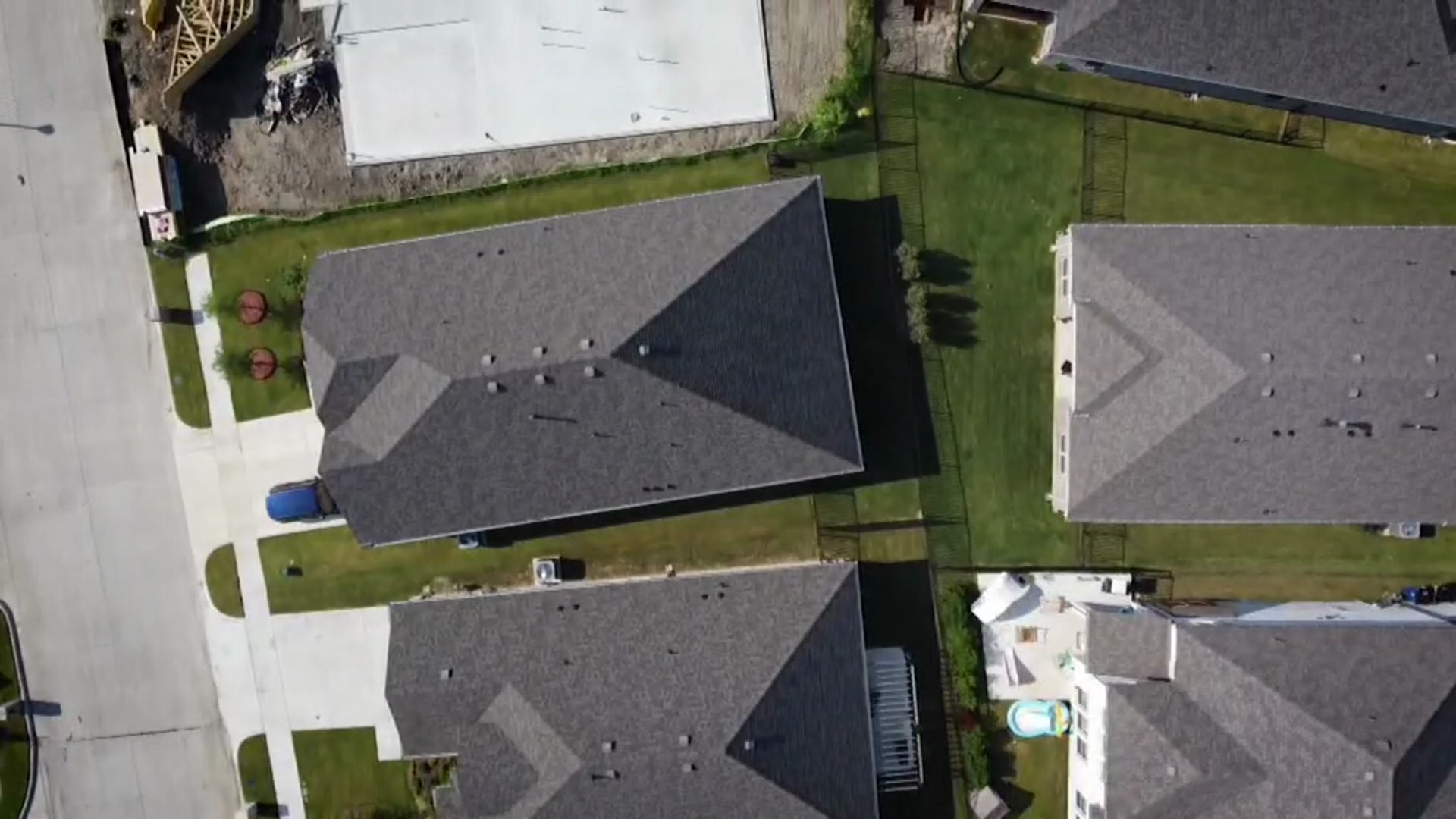There’s an effort underway in Dallas County to change the way people with mental health issues are treated.
Last week, county commissioners pledged one million dollars in hopes of reducing the number of people with mental illness behind bars.
Currently, the Lew Sterrett Justice Center is the state’s second-largest mental health facility.
County officials estimate that nearly one out of every four of those behind bars are struggling with mental illness.
It’s a pattern Dallas County District Attorney John Creuzot said he’s witnessed throughout his career.
“There's not a day or a week, certainly a week that goes by where either as a prosecutor, defense attorney, certainly as a judge for 21 years that you don't see someone who's suffering from mental illness come into the courtroom,” said Creuzot.
When he took office in 2019, Creuzot prioritized reshaping that system.
Local
The latest news from around North Texas.
His policies to do so have at times drawn controversy. But as a nationwide cry for change in the wake of George Floyd’s death has prompted some to rethink how the criminal justice system is funded, support has ramped up for Creuzot's plan to divert those with mental illness stopped by police for minor crimes like criminal trespass.
That’s why county commissioners approved $1 million to renovate a long-unused wing of Homeward Bound to turn into a Diversion Center where police can give people the option for rehabilitation rather than jail time.

It’s a commitment both Parkland Hospital and the North Texas Behavioral Health Authority are signing off on, too.
“This would be a place for them to kind of deescalate, calm down but also get services. And when we say services, it’s medical services, medication, psychiatric medication, whatever’s appropriate, access to a caseworker, a case manager, and an opportunity to find a place to stay that can turn into permanent housing,” said Creuzot.
The plan, called Dallas Deflects, is based on one in Houston that's had 3,000 diversions in two years.
Harris Center for Mental Health Connection CEO Wayne Young oversees that project.
He said since they began, they’ve reduced future jail bookings by 50%.
They’ve also avoided about $18 million dollars in criminal justice costs or $5.54 for every dollar spent on the program.
“It’s not a silver bullet. It doesn't solve every problem, but it solves a lot of the problems we were trying to address without a lot of the negative consequences people were worried about,” said Young.
"We know that that's the right direction in which to go,” said Texas Jail Project cofounder Diana Claitor.
Of all the calls her non-profit gets, she said 80% of them are coming from families concerned about how their loved one with mental illness is being treated behind bars.
She estimates statewide, the number of people in that population who are jailed is closer to 40%.
“They’re not at all a healthy place for that very large population in our jails,” said Claitor.
Claitor said it’s a problem that’s been growing for decades.
“It’s a long and complicated story but it starts with the sort of admirable effort to shut down institutions but without the follow-up of establishing community-based care,” said Claitor. “The state is trying to ramp that up but they’re turning a big ship that’s been going in the wrong direction for a very long time.”
She applauded Dallas County’s efforts. Though with room for only 15 people in the beginning, she believes it's a modest plan.
“It needs to be larger, more widespread, better funded. But if this is the way to get it off the ground, go for it,” said Claitor.
Creuzot agrees.
Still, he’s encouraged by the support and hopeful for the program’s possibilities.
He said not only will it free up patrol officers by drastically reducing the time they'd spend processing an arrest, but it will save taxpayers money.
Most importantly though, he believes it will speak better of us as a community.
“It’s really inhumane in my opinion, and the opinion of many others in the criminal justice system, to put mentally ill, homeless people in jail. And it’s insane to think that by doing so, you’re going to get a better result,” said Creuzot.
The Diversion Center is set to open in the first quarter of next year.




